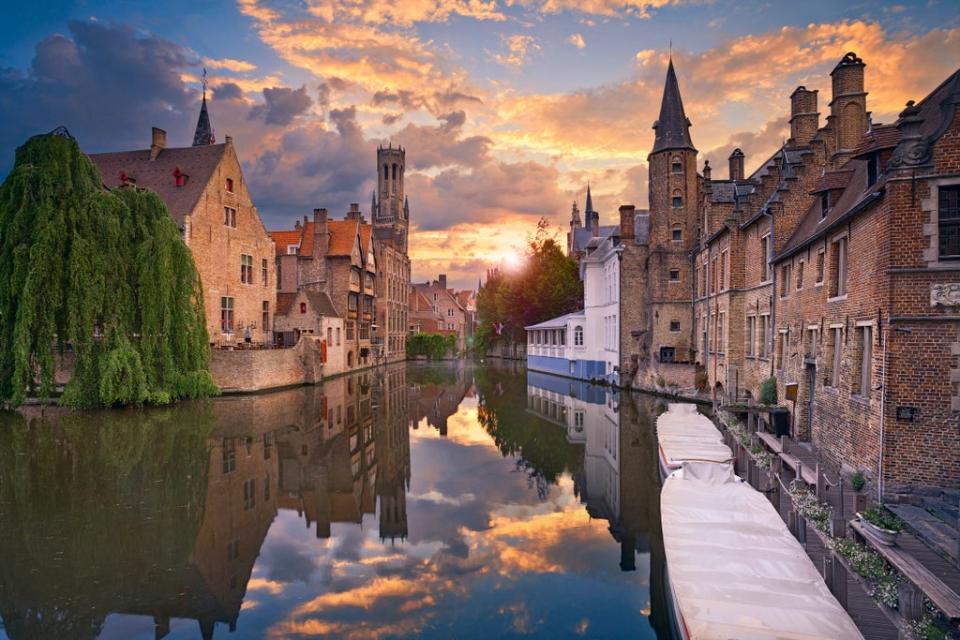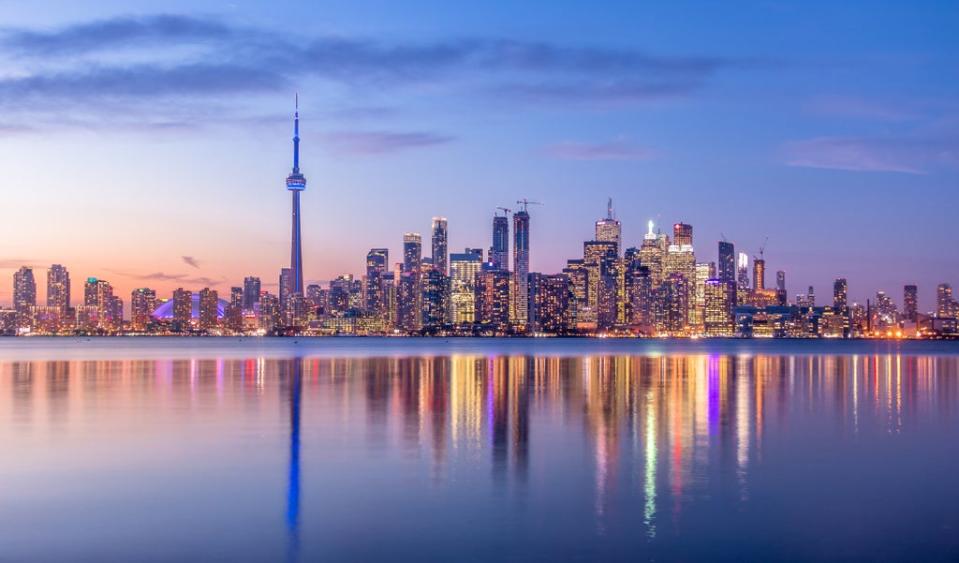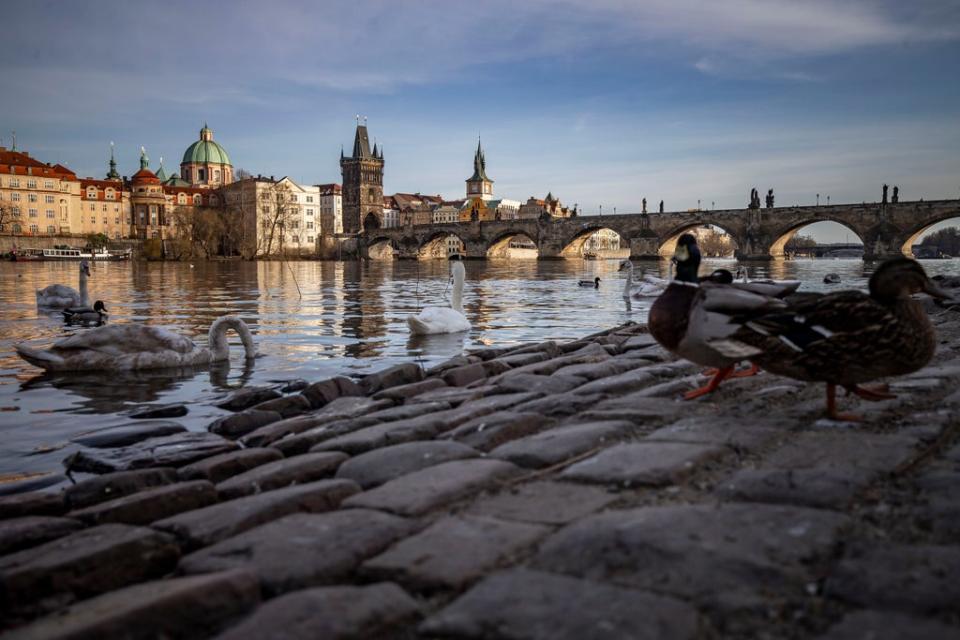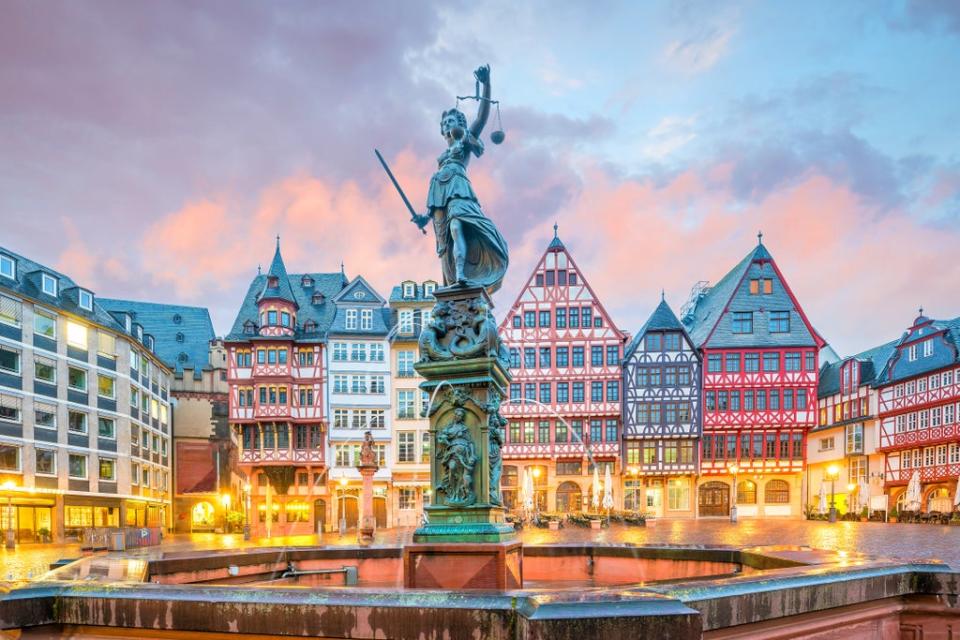Which countries are only letting in double vaccinated travellers?

With lockdown restrictions lifted throughout most of the UK, and the resumption of international travel on 17 May, British travel fans are tentatively considering the prospect of foreign trips.
While the government’s ‘traffic light’ system - which categorises countries as red, amber or green based on their perceived risk and Covid-19 infection status - has been scrapped, and countries are beginning to open up to tourists, it’s worth noting that there are a handful of countries that are only allowing people who have had both Covid vaccines to enter.
We’ve rounded up the countries currently closed to unvaccinated travellers to ensure you’re fully informed ahead of your next trip - but be aware that rules are prone to changing at a moment’s notice, so it’s worth checking the Foreign, Commonwealth and Development Office (FCDO)’s website before you book.
Which countries are only permitting double-jabbed travellers?
Belgium

Fully vaccinated travellers who have an NHS Covid Pass to prove it can now enter Belgium, as long as they complete a passenger locator form and take a Covid test on day one or two after arrival. It’s worth noting that if you test positive while in Belgium you will have to stay where you are and self-isolate for 10 days.
Unvaccinated travellers are only able to travel to Belgium for a “very limited set of reasons”, such as the funeral of a “first or second degree family member”, or work - and that’s only for certain professions, such as healthcare, diplomats and military personnel, so you can kiss that gourmet chocolate experience goodbye unless you’ve had both vaccine injections.
Canada

Canada is now open to fully vaccinated international travellers, who no longer need an “essential reason” to visit and will not have to quarantine on arrival.
This major change to the country’s travel rules was first announced on 19 July and came into effect at 12.01 on 7 September, with the Canadian government saying that the decision was “based on the latest available data, scientific evidence and epidemiological situation both in Canada and internationally”.
Unvaccinated visitors are not currently allowed to enter Canada.
Czech Republic

If you have been fully vaccinated under the UK government’s vaccination programme at least 14 days prior to travel, you can enter the Czech Republic for any reason, including tourism, without needing to isolate or take a pre-departure PCR test. This has been the case since 23 August.
Unvaccinated travellers, however, are still only allowed to enter the Czech Republic for essential reasons “such as for medical treatment or to attend a funeral”.
If you are the spouse or long-term partner of a Czech or EU national, you may be able to enter under certain conditions - find out more on the Ministry of Foreign Affairs website.
France
Unvaccinated travellers are not currently allowed to enter France unless they have an “essential reason” (this does not include leisure travel). Unvaccinated travellers who fulfil this requirement will also need to a) present a completed International Travel Certificate stating their essential reason for travel; b) present a completed ‘sworn statement’ (déclaration sur l’honneur) form self-certifying they are not suffering from symptoms associated with coronavirus and have not been in contact with confirmed cases in the preceding fortnight, and that they will self-isolate for seven days after arrival, and; c) provide evidence of a negative test (PCR or antigen) taken with 24 hours of departure. Self-administered tests are not accepted.
Travellers who are not fully vaccinated will need to self-isolate for seven days after arrival, then take another PCR test following this period of self-isolation.
Children aged 12 years old or over who are not fully vaccinated and travelling with a fully vaccinated adult are required to present a negative test result (PCR or antigen). However, they do not need to provide an essential reason for travel, nor do they need to self-isolate on arrival.
Children aged 12 years old or over who are unvaccinated and travelling alone are subject to the same conditions adults who are not fully vaccinated. Children aged 11 years old or younger do not need to present a negative test result to travel.
Double vaccinated travellers do not need an essential reason to travel to France and do not need to self-isolate on arrival. From 18 July, fully vaccinated travellers no longer need to present evidence of a negative test result before travel. Fully vaccinated travellers do need to complete a ‘sworn statement’ (déclaration sur l’honneur) form self-certifying they are not suffering from symptoms associated with coronavirus and have not been in contact with confirmed cases in the preceding fortnight, plus proof of their vaccination status.
Germany

Travellers may enter Germany from the UK for any travel purpose if they are double vaccinated.
Those who are not double jabbed may only enter the country if they are a German citizen, the spouse/partner/child of a German resident, serve in “an important role” or have “an urgent need for travel”.
Further information about possible exceptions for non-residents can be viewed on the Federal Interior Ministry website.
All travellers entering Germany from the UK are required to complete pre-departure digital registration, regardless of vaccination status.
Switzerland

Doubled-jabbed Brits are now eligible to enter Switzerland for any travel purpose as long as they can show proof - NHS Covid Passes are accepted, but it’s worth getting yours printed as the rules do state that “a screenshot or a photo is not sufficient”.
Travellers who are not fully vaccinated are only eligible to enter this landlocked nation from the UK under very limited conditions, including the possession of certain documents, such as a residence permit, FDFA legitimation card, or D visa issued by the Swiss government.
For more details, consult the Foreign, Commonwealth and Development Office (FCDO) website.

The USA (from 8 November)
The White House has announced that the USA will be admitting vaccinated tourists from 8 November. Details are still emerging, but it is understood that fully vaccinated adults will be able to enter the country from that date with a negative result from a PCR or antigen test, taken within the 72 hours before travel.
It is also thought that visitors will need to complete a health questionnaire before or onboard their flight, providing their airline and US authorities with their contact details and journey information Stateside for tracking and tracing purposes.
A vaccinated traveller in this case constitutes person who has completed, at least two weeks ago, a course of jabs with a vaccine authorised for emergency use by the World Health Organisation (WHO). These are Oxford AstraZeneca, Janssen (Johnson & Johnson), Moderna,and Pfizer/BioNTech, as well as two Chinese vaccines: Sinopharm and Sinovac.
The Centers for Disease Control (CDC, the health regulator in the US) says explicitly that its guidance on what constitutes being fully vaccinated applies to Oxford AstraZeneca, wherever it was manufactured.
Until 8 November, the ban on all foreign tourists remains.
Find more information on the Foreign, Commonwealth and Development Office (FCDO) website.
Read More
US reopening: How can I get cheap flights to America?
When will UK-US travel reopen?
You can’t keep a good airline down. Or Alitalia
Can I go on holiday to South Africa?
British Airways confirms A380 plans as part of winter expansion
Edinburgh Festival asks visitors not to fly to tackle climate change

